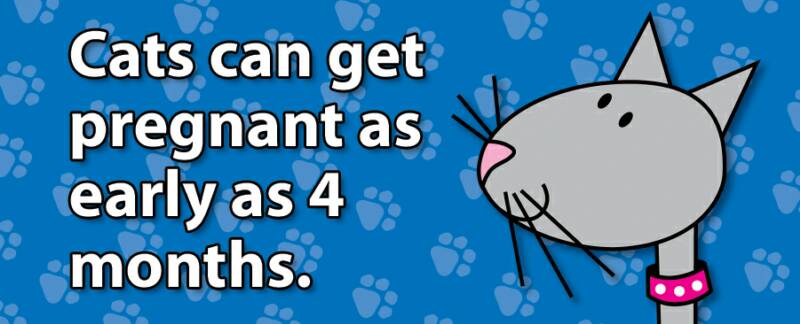All About Cats!
SPOT 4403 62nd Ave Pinellas Park, FL 33781 SPOTusa@yahoo.com
Cats!
Cats make great companions and are more independent than dogs, therefore easier to care for and easier to have more than one!
Cats do have basic needs...
Fresh food and water.
These are two of the most important things you can do on a daily basis for your cat. Wet cat food,in a can or pouch or home prepared diets provide better hydration than dry commercial cat foods. Cats' teeth are meant to tear and chew meat. Never use Dry food they have too many carbohydrates and have been linked to obesity, diabetes UTI's, crystals and blockages. It's very important to give your cats the best quality food possible, not full of by products and fillers.
Avoid:
- Meat By Products: this is what is left over after the meat has been stripped off the carcasses, ingredients not ordinarily consumed by humans, (beaks, feet entrails etc).
- Chemical preservatives: BHT/BHA, Propyl gallate, have been associated with carcinogenesis and EQ or Ethoxyquin was first used as a rubber stabilizer and effective insecticide and pesticide. Do you really want these toxic chemicals in your pet's food?
- Sodium Nitrate: is a coloring agent and fixative known to cause cancer
Spay/Neuter is the most important thing you can do for your cats.
It prevents unwanted behaviors like escaping to find a mate, fighting over territory, spraying and marking and howling all night in heat and coming home pregnant.
It prevents accidental litters. Cats can get pregnant as early as 3 months. One mother can have 24 kittens the first year and be a grandmother of 500 the second year. Once the mother is in her 4th or 5th week of nursing she can get pregnant again. She will be in and out of heat at least 3 or 4 times a year, giving birth up to 7 kittens each litter.
It's also healthier. Fixed pets can live up to 6 years longer! Spay/neuter prevents the deadly cancers of the reproductive organs in both males and females.
Flea Prevention
Flea Prevention is important especially for kittens. Too many fleas can cause them to become anemic and die. Flea prevention can be started as early as 8 weeks. Any younger wash them and use a flea comb. Treat your yard and house too!
Best Flea prevention for cats is Cheristin or Revolution Plus.
Deworming
It is especially important to deworm all kittens for hook & roundworms. They usually are not visible to the eye. Hook worms suck the blood from your kittens and cause them to be anemic and die, Round worms can also stunt their growth. Both worms are contagious to other pets and people. It's only $10 for the 2 dose treatment and is important to be given two weeks apart.
Tape worms are what you can see (usually looks like little white rice in the feces) this can be treated with a topical tape dewormer called Centragard.
Vaccines
Distemper is recommended for kittens. Starting at 9 weeks, then at 12 weeks and boost at a year. Rabies at 4 months. It is the law to give a rabies booster 1 year after the first rabies vaccine, then every 3 years.
Outdoor cats can be exposed to Feline Leukemia and should be given the Feline Leukemia vaccine to protect the spread of this disease that is highly contagious. This vaccine needs to be given once and repeated 3 weeks later and then follow with a booster a year later!
Clawing
Clawing is a natural thing for cats. It's a way for them to sharpen their claws.
Declawing is the amputation of the bone and can mutilate their paws. Cats use their paws to communicate and can develop behavior problems after declawing.
Alternatives to declawing are getting a good cat scratching post, some catnip, and trimming their nails.
Products available are Soft Claws that are gel caps that you put on their nails after trimming. An inexpensive cat scratching product is made of corrugated cardboard and found in most pet stores.
Litter Box
It's important to have at least 2 litter boxes per cat and clean them often. Be careful and read the label of the different types of litter available. A lot of the litter can create dust, which is harmful for them to breath.
Toys
Cats love to play and love toys! They also like to hide in those kitty condos too!
Feral Cats...
are Wild cats that you won't be able to pick up and pet.
Strays...
are Cats that have been left behind because their owner has abandoned them or they wandered away from home usually because they're not fixed.
Fix & Feed
Before you start feeding feral & stray cats make sure you are committed to fixing them first because the one cat can turn into 7 within 2 months and then they will multiply even faster with you feeding them. Cats can get pregnant as early as 4 months.
So don't delay, spay/neuter today.
It's easier and more affordable to fix one than to fix 7. Most county governments consider you the owner if you are feeding the cats for more than a week, so it is your responsibility to fix them before you create another litter. There are too many pets and not enough homes. Millions are euthanized each year.
Cheristin flea prevention
3 pack $35
6 pack $70
Illustrations by Lily Chin



